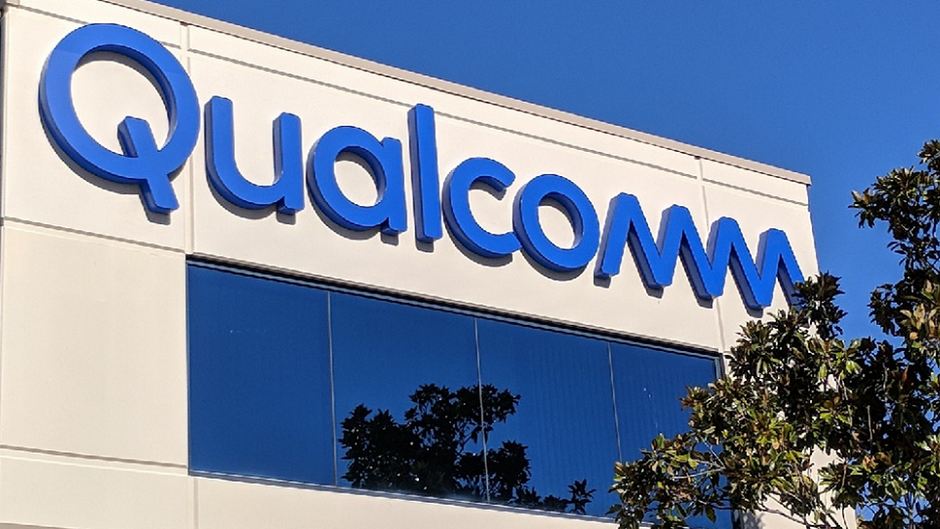You'll never guess what Qualcomm collects a 5% royalty from Apple for

As we await a ruling on the FTC v. Qualcomm non-jury trial from Judge Lucy Koh, we will soon be watching the Apple (& contract manufacturers) v. Qualcomm trial in San Diego. According to Foss Patents, Apple, its four contract manufacturers (Foxconn, Wistron, Pegatron and Compal) and Qualcomm filed a joint pre-trial brief. The latter contains some of the issues that will be brought up over the course of the trial.
Some of the info that Foss Patents found in the filing, which was submitted to the court last Saturday, is very interesting. Qualcomm not only seeks a 5% royalty payment on the amount that Apple pays Foxconn to assemble an iPhone, it also seeks 5% of the amount that Apple pays the contract manufacturer for services including repairs. Now let's say that your iPhone is broken and you want it fixed. If you go to the Apple Store and have it repaired at the Genius Bar, Apple pays Qualcomm $0 because there is no deal between them for such a transaction. But if your phone has to be sent to Foxconn for a repair, Qualcomm wants 5% of the amount that the assembler charges Apple to fix the device.
"For example, assume Apple paid a [contract manufacturer like Foxconn] an extra $20 per iPhone to repair it should it break, or an extra $10 per phone to disassemble it for recycling at the end of its life. While these would be collateral transactions 'related to' the phone sale, they would not constitute 'consideration … for each Subscriber Unit'—the extra charges would be consideration for repair or recycling services that are not royalty bearing under the [Subscriber User License Agreement] definition of 'Selling Price.' Yet, Qualcomm would charge a royalty on these transactions notwithstanding that they are unrelated to Qualcomm's patents."-Joint Pre-trial brief
Apple states in the pre-trial briefing that Qualcomm also wants the same 5% of the amount that the tech giant pays one of the assemblers to take an iPhone unit apart to recycle the parts. Apple writes in the filing that "Yet, Qualcomm would charge a royalty on these transactions notwithstanding that they are unrelated to Qualcomm's patents." None of Qualcomm's patents are related at all to smartphone repairs.
As decisions are made in the multiple trials that involve Qualcomm, the company could face major changes to the way it does business not only in the U.S., but globally as well.

Follow us on Google News













Things that are NOT allowed:
To help keep our community safe and free from spam, we apply temporary limits to newly created accounts: